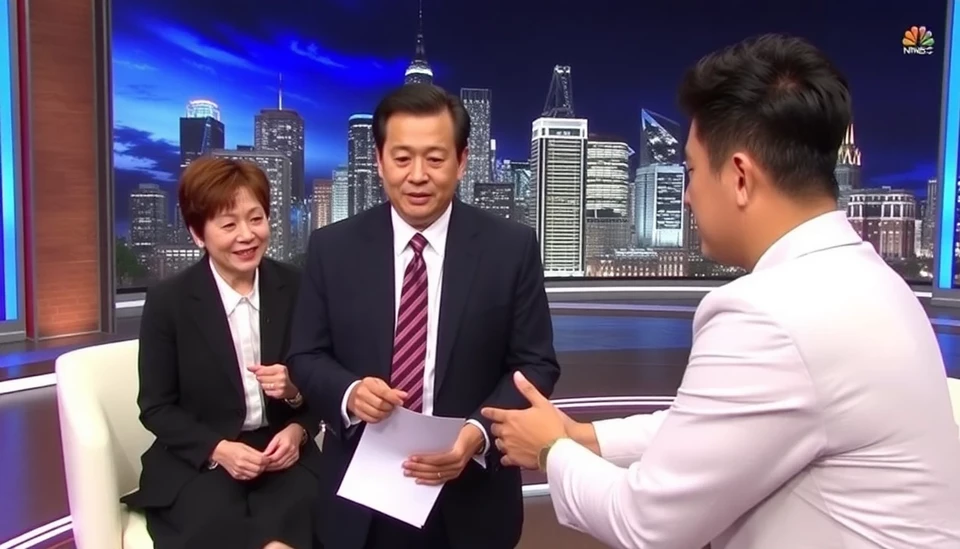
In a shocking turn of events, Fuji Television, one of Japan's leading broadcasting networks, has found itself at the center of a swirling controversy regarding its handling of a pop star incident. This latest uproar has ignited heated discussions across social media platforms and among fans, raising questions about transparency in the entertainment industry and the ethical responsibilities of major media outlets.
The incident in question involves a popular pop idol, whose alleged misbehavior during a recent public appearance was reportedly downplayed by Fuji TV. Critics accuse the network of attempting to shield the star from negative press—a move perceived by many as a protective cover-up that undermines public trust and accountability.
Online outrage reached a boiling point after fans noticed discrepancies in the coverage surrounding the event. Many felt that Fuji TV's portrayal of the incident was excessively favorable, neglecting to report on the gravity of the star's actions. This has led to calls for more robust media standards, particularly concerning reporting on public figures and the consequences of their actions.
Social media platforms have become a battleground for fans and disillusioned viewers alike. Hashtags condemning the network have started trending, as users express their displeasure with the perceived manipulation of narratives. "In a society that values honesty, why is it that we have to fight so hard to seek the truth?" questioned one social media commentator, reflecting the sentiments of many who feel betrayed by the network's actions.
This growing dissent is not merely a flash in the pan; it symbolizes a larger issue within the entertainment industry. Fans are demanding more accountability and a commitment to unfiltered reporting—one that neither embellishes nor downplays the truth. As public trust in media wanes due to recent scandals, the repercussions for Fuji TV could be significant, affecting its viewership and reputation.
Fuji TV, in response to the mounting criticism, issued a statement asserting its commitment to journalistic integrity and expressing its regret over any perceived misrepresentation. They pledged to review their reporting practices and promised to maintain a transparent dialogue with their audience moving forward. However, many are skeptical about whether such a commitment will translate into tangible changes.
As the uproar continues, it remains to be seen how Fuji TV will navigate this crisis. Audiences worldwide are increasingly scrutinizing the role of media in shaping public perception, and this incident may serve as a catalyst for broader reform within the industry. The future of the channel could well depend on its ability to restore faith among viewers through accountability and transparency.
In a culture where idolization often blinds fans to the fallibility of their stars, many are calling for a shift in how we engage with public figures and the media that covers them. This ongoing saga could potentially redefine the dynamics of celebrity culture and media ethics in Japan.
As public discussions unfold, the incident serves as a potent reminder of the power and responsibility that media outlets hold when reporting on the lives of public figures, whom many idolize. Now, more than ever, audiences are voicing their desire for responsible journalism that reflects the reality of individuals' actions without sugar-coating the truth.
#FujiTV #PopStarScandal #MediaEthics #Transparency #JapanEntertainment
Author: John Harris
